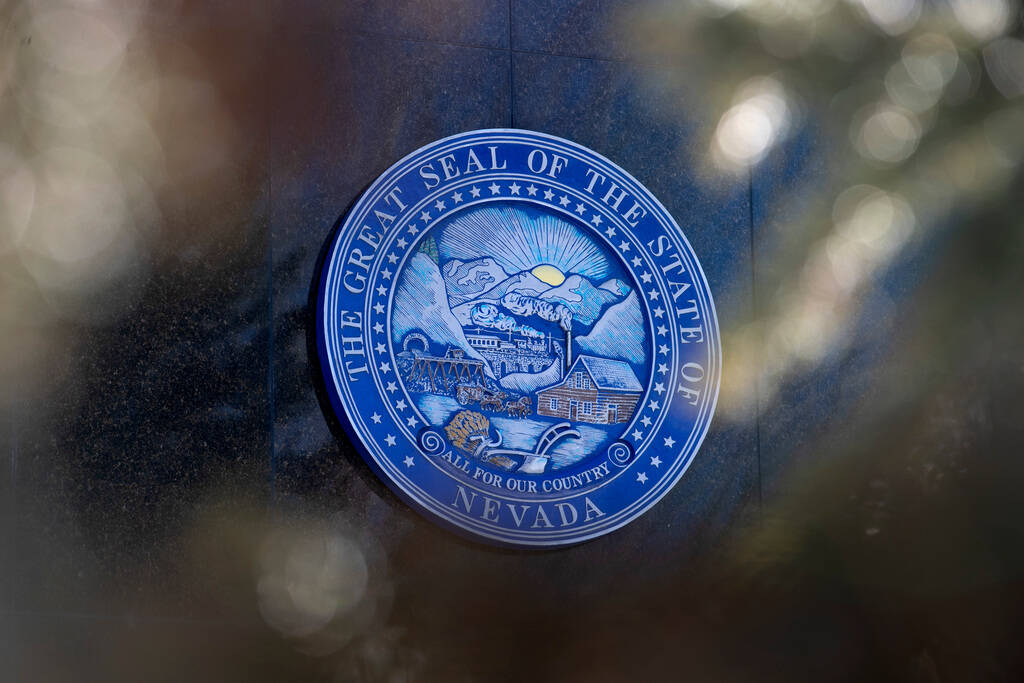More money not always the education answer, audit finds
More money doesn’t always mean fewer problems.
That common phrase is just one takeaway from an internal audit of the state’s public and charter schools released Wednesday that suggested student achievement isn’t necessarily linked to how much money is appropriated toward education.
How that money is spent is more important, Internal Audits Administrator Craig Stevenson told state officials.
“What I am saying is that the audit found that there isn’t a very strong correlation of just throwing dollars at a problem to see results,” Stevenson said. “We found that generally those dollars are better being targeted toward certain things such as literacy specialists, such as one-on-one instructional support, things of that nature.”
Stevenson’s comments came as part of a presentation of an internal audit mandated by an executive order issued by Gov. Joe Lombardo in February 2023.
The audit, which contained an analysis of the state’s 17 school districts and the State Public Charter School Authority, was released as part of a Executive Branch Audit Committee meeting. The committee consists of the governor, Lt. Gov. Stavros Anthony, Secretary of State Cisco Aguilar, state Treasurer Zach Conine, state Controller Andy Matthews, Attorney General Aaron Ford and Dina Babsky, a member of the public.
The audit’s suggestion that more education dollars doesn’t necessarily mean better student outcomes was met with sharp questioning from board members.
Lombardo said the finding was “a little disturbing,” pointing to the historic $2.6 billion increase in state education funding approved during the 2023 legislative session.
“Yet this audit says that’s, I don’t know, for lack of a better term, a waste of money,” Lombardo said.
Ford raised concerns that the conclusion was contradictory, pointing to another of the audit’s findings that suggested high school graduation rates largely align with funding.
The report made several recommendations on how to better track how state education dollars are being utilized, including establishing a unified statewide accountability system, which the report said does not exist.
Auditors also suggested a change to state law that would provide the superintendent of public instruction, which is responsible for implementing education policy, with an enforcement mechanism to bring noncompliant school districts into compliance with state law.
The audit also recommended expanding the state’s participation in the National School Lunch Program and School Breakfast Program.
The state’s Read by Grade 3 program was also subject to recommendations, with the report noting that less than half of Nevada’s students were reading proficiently at grade level.
To combat that, auditors recommended raising the state’s Read by Grade 3 goal, which now aims for 43.3 percent of Nevada’s third graders to be reading at grade level next year. Nevada’s goal is “significantly lower,” than other states’ goals, the report said.
On Thursday, Lombardo and the Nevada Department of Education announced that $6 million in funding for the state’s Read by Grade 3 program had been made available through federal COVID funding.
Contact Taylor R. Avery at TAvery@reviewjournal.com. Follow @travery98 on X.






















